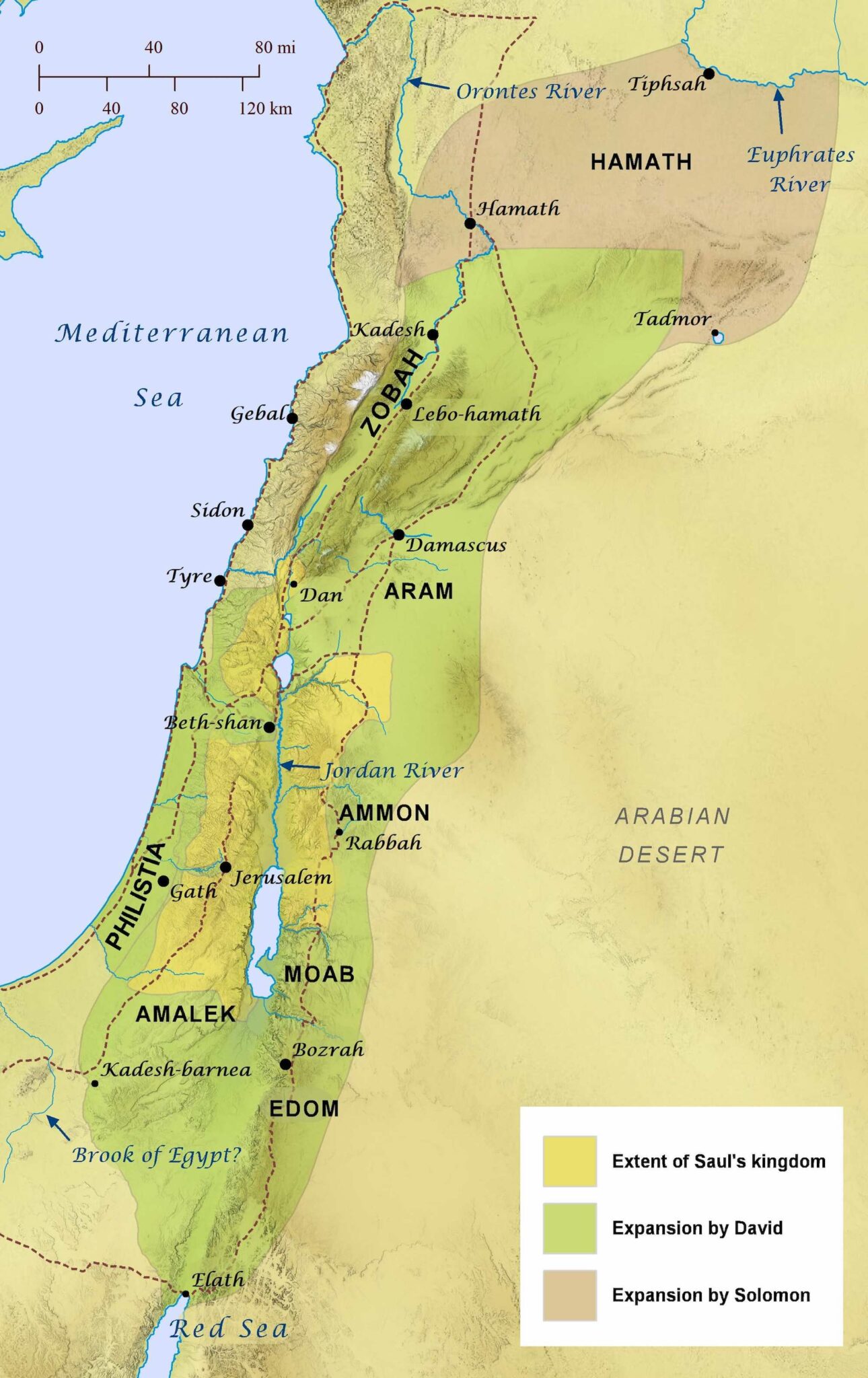Wisdom makes herself known, beckoning from prominent places of visibility.
In the aftermath of Solomon’s narrative in Chapter 7 about the seductress leading the young, naïve man astray, he begins Chapter 8 with a call of hope. The rhetorical question does not wisdom call? (vs 1) has an assumed answer of “Yes.”
As the chapter progresses, Solomon will take on the voice of Lady Wisdom. The hope given here is that the way of wickedness is not the only way. Wisdom is indeed calling, she lifts up her voice to teach understanding (vs 1). Solomon is about to present the other option we have for a pathway of life—the way of wisdom. She is beckoning us to a way that leads to life, benefit, and flourishing.
There are two sets of three that describe how and where wisdom is calling. The first includes 1) on the top of the heights 2) beside the way 3) where paths meet (vs 2).
This transparent and frontal approach of wisdom is in stark contrast to the adulteress in Chapter 7, who is described as lurking, moving through the shadows (see notes on Proverbs 7:11-21 ). By contrast, wisdom is on the top of the heights (vs 2).
She is calling/lifting her voice from the highest point in the city. Like the Empire State Building in New York or Christ the Redeemer in Rio de Janeiro, the high point of the city is a focal point—you can see it from everywhere. It seems to follow you around. You must actively decide to ignore or decline to notice it.
The Hebrew word for way in the second phrase beside the way is “derek,” which is often translated as “journey.” Wisdom is following us, making itself known step by step.
The third phrase where paths meet (vs 2) literally means “in the places (or homes) of the pathways.” This is the crossroad, where we must decide which path to take. It is the point (place/home) of decision-making, the crossroad where paths converge and we decide where to go.
Wisdom is lifting her voice in all three of these ways. This is where she takes her stand (vs 2). She makes her case everywhere. All the places, the checkpoints, the span of your journey, she is there. Staking a claim, shouting her persuasions.
The next set of three includes beside the gates, at the opening to the city, at the entrance of the doors (vs 3). All three of these denote a starting line. The word for gates, “sha’ar,” specifically refers to a way to go in, an entrance. Beside the gates, the opening to the city, and the entrance of the doors, Wisdom cries out.
This most likely is an appeal to the youthful audience at the beginning of their journey in life—a journey full of crossroads, making decisions. The previous set of three made it clear Wisdom is calling from everywhere, so, this new set of three might be Solomon’s way of emphasizing that Wisdom cries out now, at the beginning of their journey into adulthood. He is trying to get them to seek wisdom from the very beginning, to stay on the right path for all their lives.
All of this is similar to the first appearance of Lady Wisdom in Chapter One (see notes on Proverbs 1:20-23). There she is calling out, shouting, making herself known. This was important to establish at the beginning, and now, after the warnings against wickedness and the arguments that wisdom is in our best self-interest, Solomon is returning to the heart of the message of Proverbs—the calling of wisdom.
Biblical Text
Does not wisdom call,
And understanding lift up her voice?
2 On top of the heights beside the way,
Where the paths meet, she takes her stand;
3 Beside the gates, at the opening to the city,
At the entrance of the doors, she cries out:
Check out our other commentaries:
-
Acts 7:17-34 meaning
Stephen continues his sermon recounting the history of his people. The time of the Hebrews’ bondage had come. A Pharaoh rose to power and feared...... -
Matthew 18:21-22 meaning
Peter asks Jesus where he should set the limits of his mercy toward his brother and suggested that he should forgive him up to seven...... -
Galatians 3:1-5 meaning
Paul is extremely upset that the Galatians have so easily fallen away from the gospel message that he recently preached to them. ...... -
Matthew 5:10-12 meaning
The eighth and final statement (A’) of Jesus’s Makarios chiasm deals with being righteously persecuted. Jesus reiterates this point by telling His disciples that God...... -
Ecclesiastes 12:8 meaning
The Preacher concludes by reasserting the elusiveness of complete understanding.......



